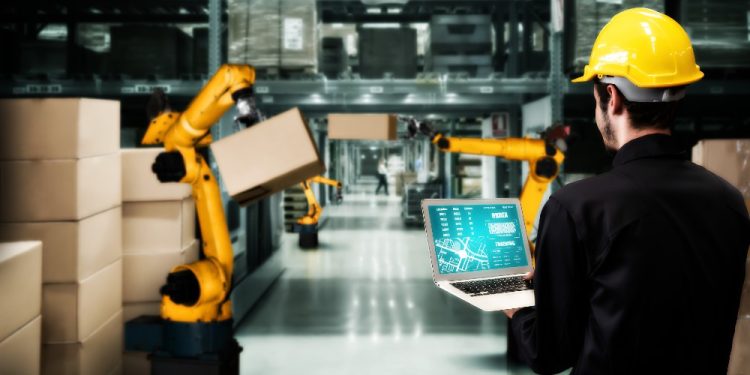(Natural News)—The world’s second largest manufacturer of electrical components has announced a 20-week delay for “engineered-to-order” (ETO) components.
Schneider Electric produces electrical products that are absolutely critical for daily life: things like electrical infrastructure, industrial automation, programmable logic controllers (PLCs), and so much more rely on parts made by Schneider Electric – without them, the world as we currently know it will cease to exist.
ETO projects are essential to both public and private infrastructure. The power grid, for one, requires them. Any kind of delay in their production and delivery means the electrical grid is just one calamity away from potentially becoming a grid-down blackout situation.
Even more ominous is the fact that the Federal Bureau of Investigation (FBI) recently warned about cyberattacks involving, you guessed it: the same types of ETO equipment that Schneider Electric manufactures.
In other words, the FBI is setting the stage, possibly through predictive programming, for major calamities to come by claiming that there will soon be cyberattacks involving the very same equipment produced by Schneider Electric that will be delayed at least through Q1 2024.
“The reason this is so weird is this company is very good at planning,” an industry insider is quoted as saying about the situation. “They supply billions of dollars in critical components.”
“They aren’t perfect, but they usually have a plan when they announce something like this. Not this time. The plans behind the announcement letter (shown below) are very shallow. They got the note out way before anyone on their teams knew what is going on. Many questions with no answers. That is very weird.”
(Related: When extreme food shortages and rationing inevitably arrive on America’s doorstep, World War III will be the excuse.)
Is another world war coming?
In a notice to the company’s partners, Senior Vice President Charles Buckley explained that, starting on December 7, all current shipment schedules of ETO products will be revised. Existing Q1 orders will be extended later into the year “to level-set production across several plants due to high demand and persistent supply chain challenges for these complex customized solutions.”
“This measure is expected to provide more accurate and reliable communication to customers and significantly reduce or eliminate the need for multiple delay notifications,” the letter reads. “We anticipate a delay of up to 20 weeks for several of our product lines.”
According to Buckley, order intake has greatly exceeded industry expectations and material availability. Much of this pressure is coming from fast-growing U.S. market segments including semiconductors and electric vehicles (EVs), the latter of which involve expansion of infrastructure, manufacturing, and batteries.
“These segments require domestic and global raw materials such as resin, plastics, specialty metals, and electronics, which are also needed in the electrical equipment industry,” the letter goes on to explain.
“U.S. domestic investments in infrastructure projects (water, utility, airports), and geopolitical tensions are additional pressures on supply, impacting the reliability of upstream supply and shipment schedules.”
Some speculate that this is just a cover story, and that this “wait and hold” for critical infrastructure is to allow Schneider Electric room to step in and replace damaged critical infrastructure following a cyberattack, as the FBI is warning could occur.
Another possibility for the 20-week delay is that certain projects are having to undergo a critical redesign, potentially due to the discovery of holes in existing security systems.
In recent weeks, dozens of news reports have surfaced about localized cyberattacks, including one involving water systems in Hawaii and another involving the Texas power grid.
“Preparations for a world war are clearly taking place in very many countries around the world,” one report suggests. “For the first time, U.S. citizens are likely to see the direct consequences of war on our own soil.”
More related news coverage can be found at Collapse.news.
Sources for this article include:



